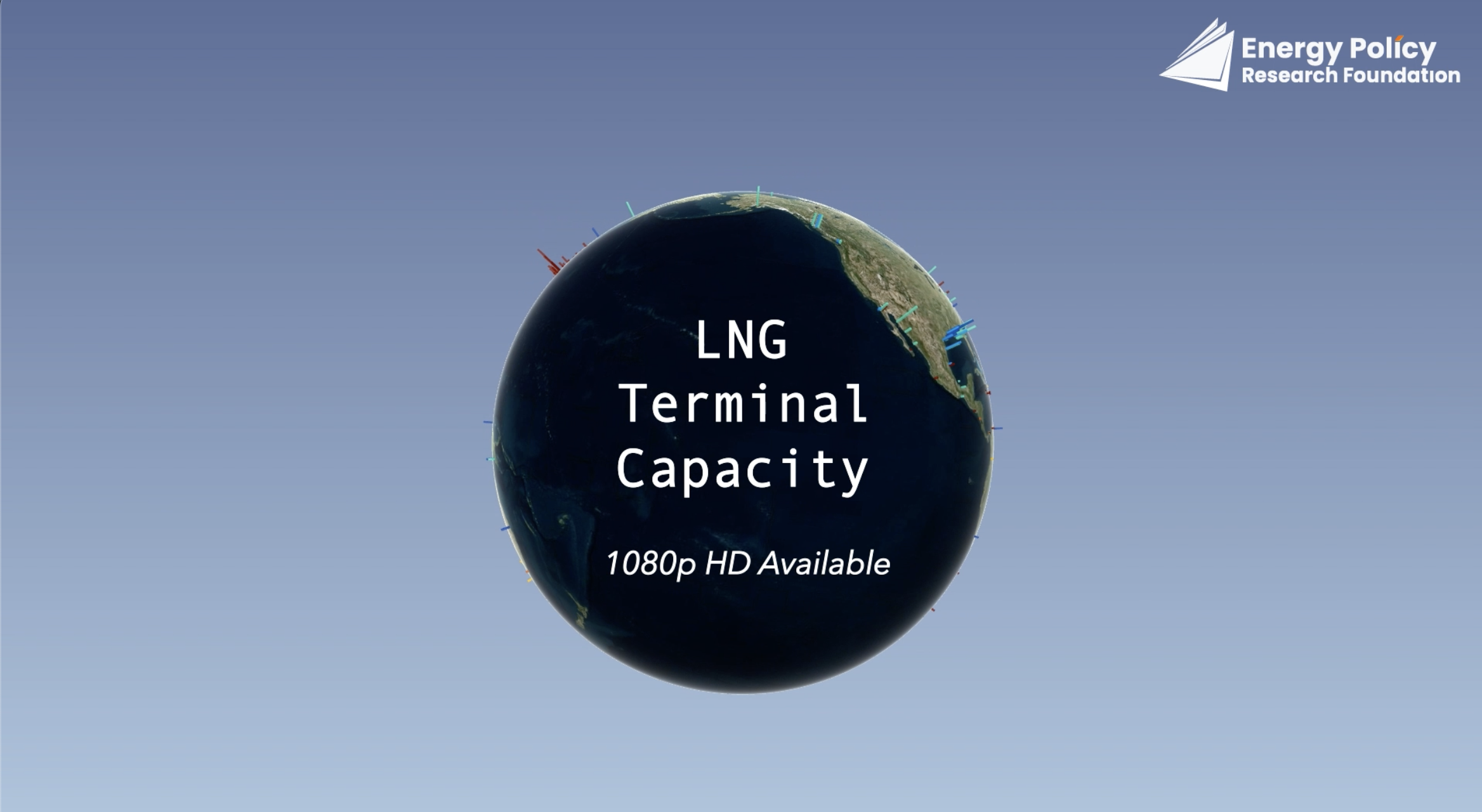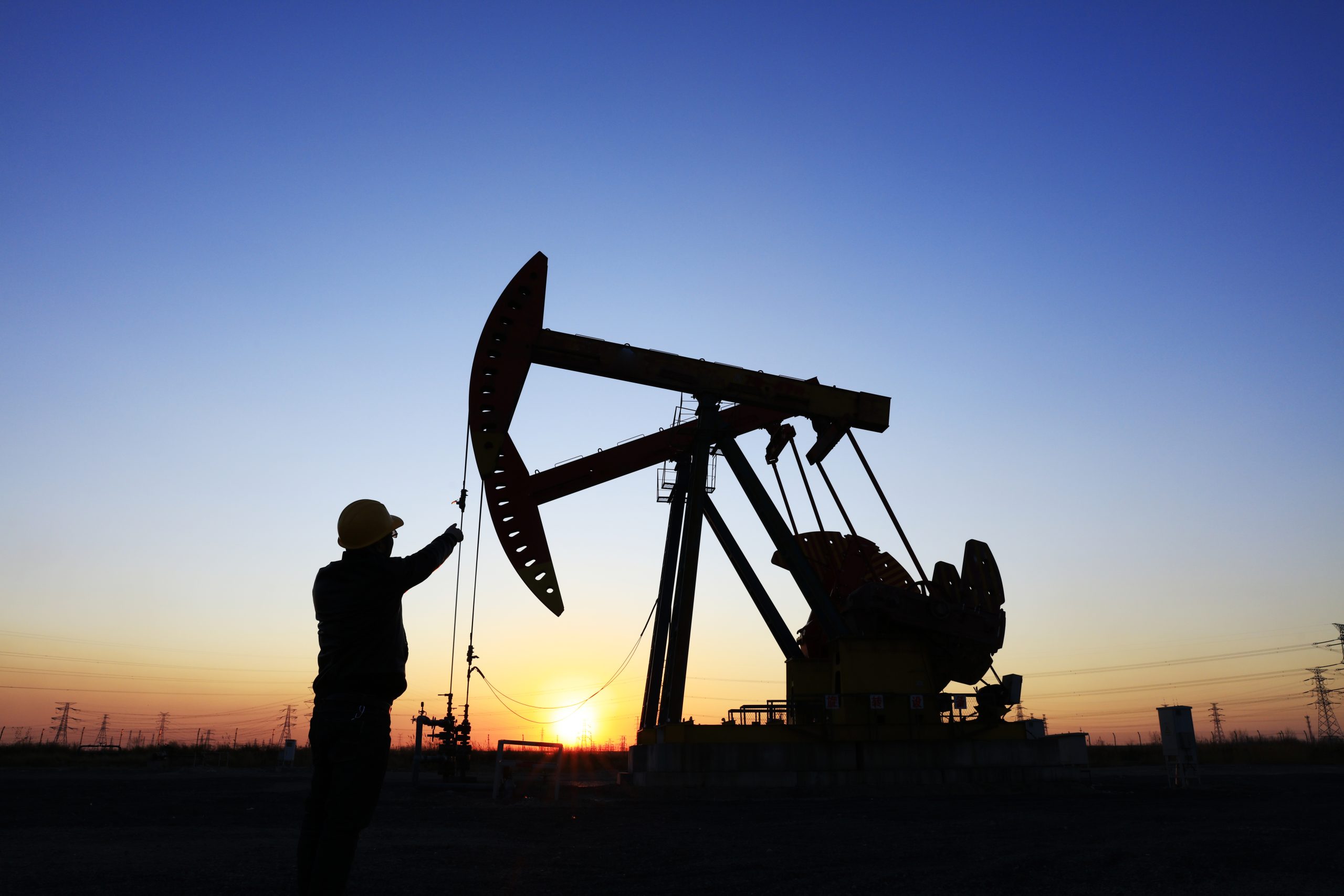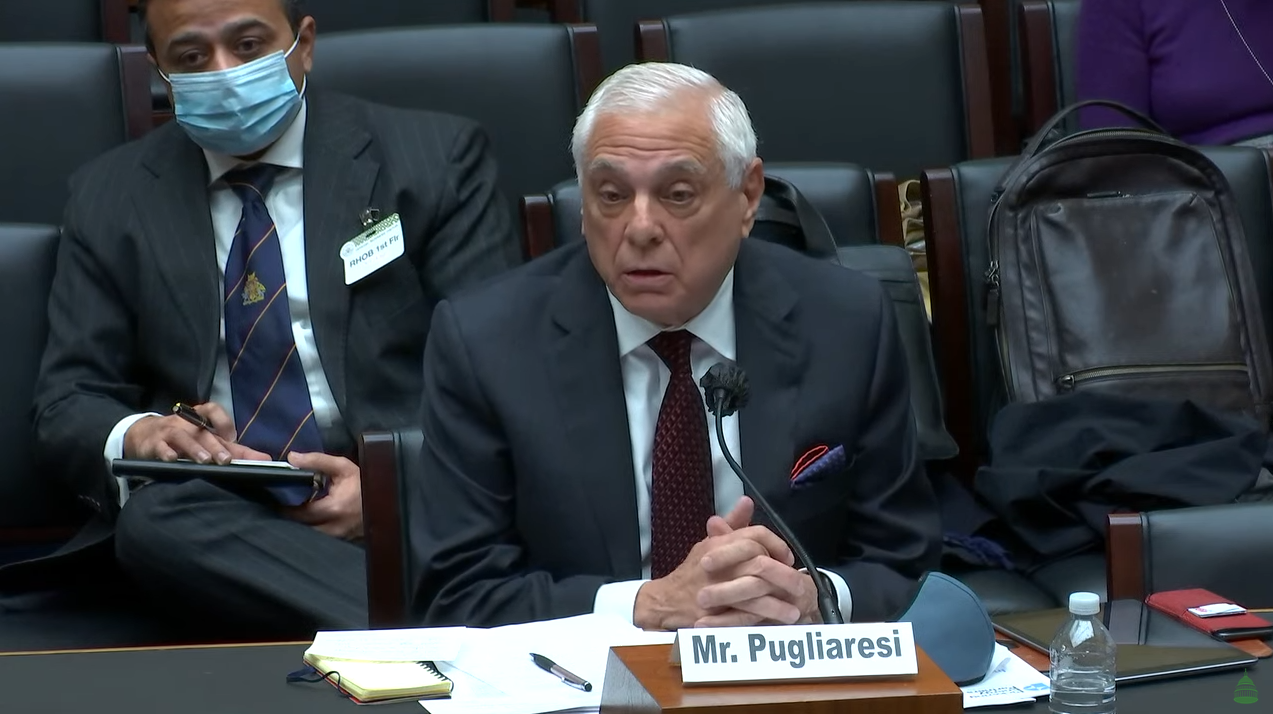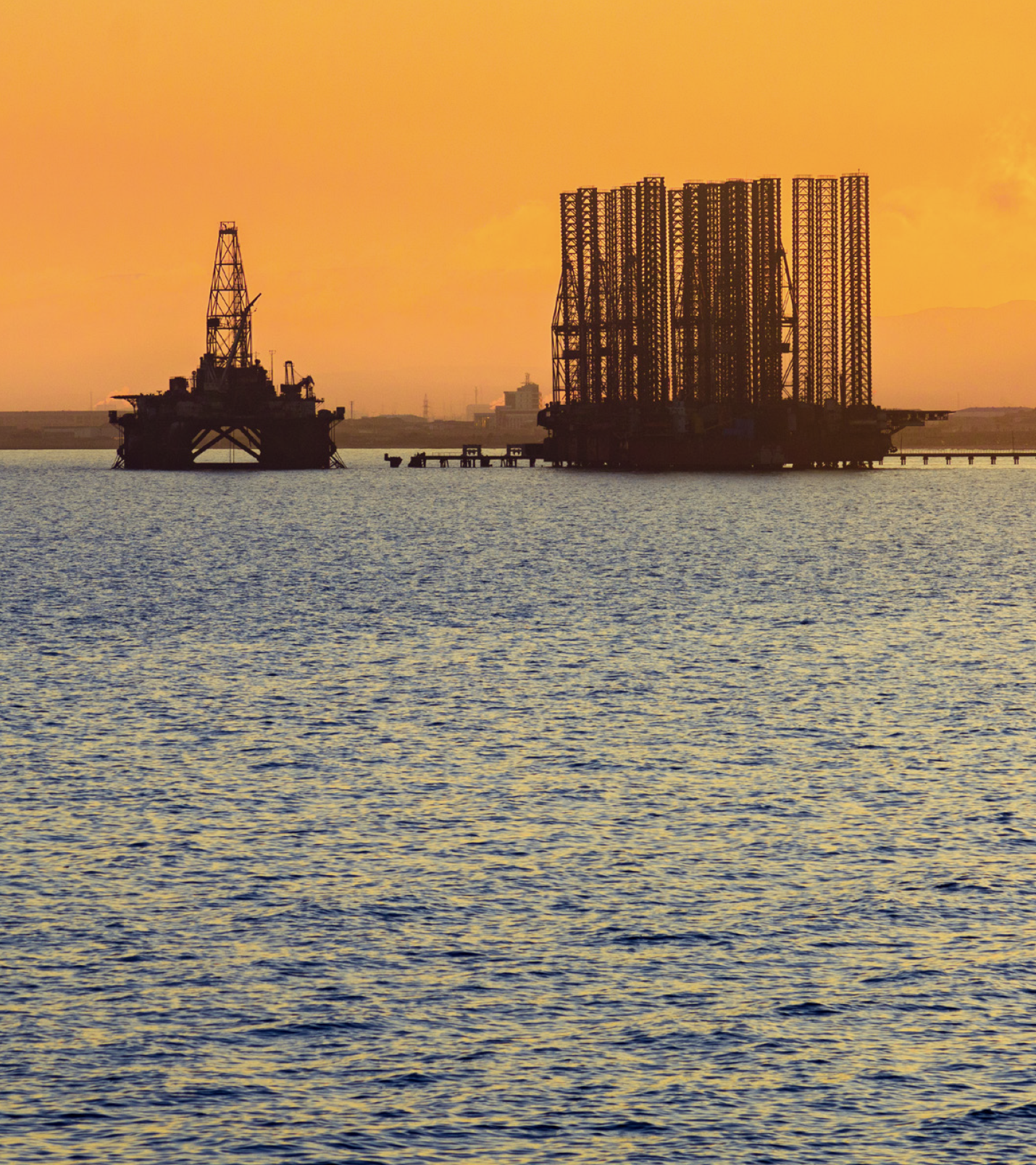

While that pipeline could supply China with a cheaper alternative to liquefied natural gas, Xi’s government remains focused on securing diversity of supply — essentially not repeating the European error of excessive reliance on Russia. And there’s a lot of countries seeking to sell gas at the moment, including the US, Qatar, Australia and Turkmenistan, according to Batt Odgerel, a senior research analyst at the Energy Policy Research Foundation, Inc.
“It’s a buyer’s market for China,” he said. “Unless Russia gives an extremely pleasant offer, China can wait as long as it wants. Additional gas from Russia is not required, especially after the lockdown-induced economic downturn.”

On Tuesday, March 7, 2023, concurrent with CERAWeek in Houston, the leadership of several prominent energy trade associations and think-tanks convened a half-day meeting with senior G7 energy delegates dubbed The Joint Energy Security Forum. Ahead of the deliberations that will lead to and be a part of the G7 leadership meeting on May 19-21, 2023 in Hiroshima, Japan, the Forum discussed the importance of natural gas in meeting global energy security and climate-related goals, especially in the context of Russia’s maligned use of its natural resources.







© Energy Policy Research Foundation | 25 Massachusetts Ave NW, Suite 500P (Mailbox 14), Washington, DC 20001 | (202) 944-3339 (Phone) | (202) 364-5316 (fax) | info@eprinc.org
Design & Development by Red Clay Creative